Tag: Region 6
FCS teacher brings real-world skills to rural Idaho
At South Fremont High School, family and consumer sciences (FCS) teacher Kristy Hammond is proving that life skills aren’t “just electives.” They’re stepping stones to careers, confidence, and even small businesses.
“I never imagined I’d become an FCS teacher,” Hammond said. “But when the job opened, I realized all the jobs I’d worked in high school and throughout college—restaurant work, bookkeeping, preschool teaching, even baking for friends and family—actually taught me valuable skills. Each one gave me knowledge and experience that now makes me stronger in my role as an FCS teacher.”
Now in her fourth year teaching, Hammond leads two main career pathways: culinary arts and hospitality. Students begin with introductory food and nutrition courses, then advance to hands-on training. The capstone classes, she says, go far beyond textbooks.
“In our culinary capstone, students partner with Panera Bread in Idaho Falls,” Hammond explained. “They rotate through every station—taking orders, prepping food, even washing dishes. It’s the real deal, and the kids love it.”
Her program also partners with Texas Roadhouse, giving students field trip experiences that highlight customer service in a high-energy environment. Locally, Hammond works with a retirement home chef who calls her when job openings arise and often hires her students on the spot thanks to the food handler certifications earned in class.
One of Hammond’s proudest initiatives is Food Truck Wars, a capstone project where seniors design logos, set menus and run mock food trucks during finals.
“The teachers come in, sample everything, and vote for their favorite,” Hammond said. “It’s amazing to watch the kids apply every skill they’ve learned—cooking, budgeting, marketing—in one project.”
That entrepreneurial spirit carries into FCCLA, the national student organization tied to FCS programs. At South Fremont, Hammond’s students sell decorated sugar cookies for Christmas and Valentine’s Day, raising up to $1,600 each year.
“It started as a school fundraiser, but it grew into community orders,” Hammond said. “Parents wanted cookies delivered to their elementary school and junior high students. Teachers were making large orders for neighbor gifts. My culinary students were baking nonstop for weeks.”
For Hammond, the impact goes well beyond fundraising. One standout graduate took every class she offered, served as a state FCCLA officer, and went on to major in food science—eventually planning to help run her family’s beef jerky company.
“She told me she wasn’t really sure what she wanted to do in her life,” Hammond recalled. “But through our classes, she found her passion.”
Looking ahead, Hammond hopes to add interior design and eventually an early childhood education pathway. She also speaks directly to eighth graders about elective choices, making sure students know the career-technical options available.
“My goal is for students to understand that career technical education gives them real skills,” Hammond said. “Even if they don’t go to a four-year college, they can graduate ready to work, start a business or support themselves through school. That’s powerful.”
 Official Government Website
Official Government Website